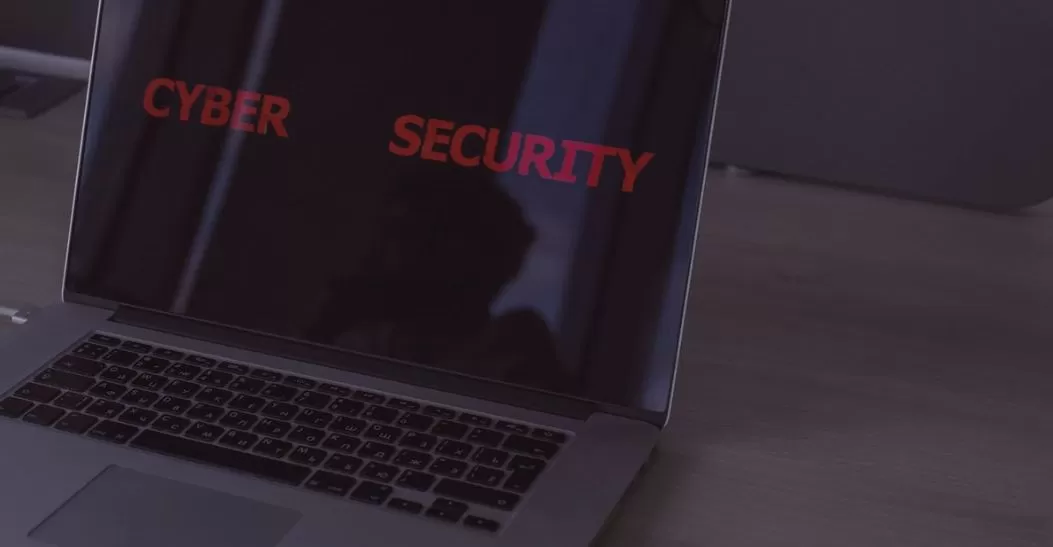It’s become apparent that cyberattacks are not just a problem for individuals but also for businesses of all sizes. More than ever before, companies are at risk of being hacked and losing data or their entire business infrastructure with the click of a button.
There are many cyber-security threats that companies need to be aware of. It can be difficult for even the most seasoned executives to identify every possible threat, but you should know that there are seven major cyber-attacks you may face or have faced in your company. Read on to learn about the most common cyber-security threats companies face.
1. Employee Error
It’s incredibly common for employees to accidentally download malicious programs on their computers, so be aware that this is a common threat. When employees are downloading files of their own volition, there’s a good chance they don’t know what they’re installing. Educating your employees and implementing good security policies will help to avoid this risk. For example, AvePoint can support companies wanting to improve Microsoft 365 security by monitoring and controlling access to sensitive data.
2. Phishing and Spam
These are both scams that can put your computer at risk when you click a link or open an email attachment. Phishing emails aim to steal your personal data; you’re likely to check your spam and other email accounts, which leads to an opportunity for a hacker to install malicious software without your knowledge. Spam is also a huge threat since it often contains malware.
3. Hacking through the Internet of Things
The number of internet-connected devices has been rapidly increasing over the last few years. Consequently, with this convenience comes new attack vectors that you shouldn’t ignore. Hackers can easily use misconfigured home automation systems, routers, or any other device that encourages connectivity as an opening for attack. Keep all network nodes updated with the latest patches and avoid using default passwords.
4. Social engineering
Social engineering is a form of hacking that isn’t very technical. Instead, it relies on the manipulation of people to gain access to sensitive information. While it would be impossible to entirely avoid social engineering, you can reduce your risk by having strong, unique passwords for every account that your employees use and training them on how to identify and avoid fake emails or websites.
5. Rogue Mobile Applications
Mobile applications are often overlooked in terms of security, which has resulted in several high-profile mobile malware incidents in recent years. Due to the nature of how smartphone apps are designed and distributed, it’s incredibly easy for hackers to add malicious code that can steal personal information from you or from the company you work for. Encourage your employees to update mobile applications to stay secure.
6. Viruses and worms
Viruses, worms, and other types of malware can be devastatingly easy to install on a company’s network. IT professionals need to make sure that they are installed on all computers before they are used. The best way to prevent viruses is by keeping your operating system up-to-date and having the latest patches installed.
7. DDoS Attacks
A Distributed Denial of Service (DDoS) attack is one of the most devastating cyber threats organizations face because it carries significant economic, physical, and political consequences.
Because each company is different, how they are affected by these types of cyberattacks will differ depending on their size and resources, but it’s important to be aware of them. Be sure to keep your computer software up-to-date and watch out for suspicious activities.
